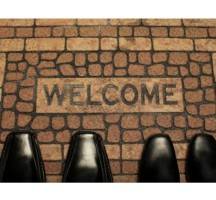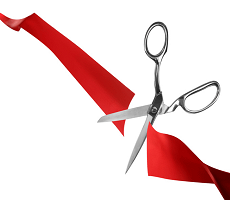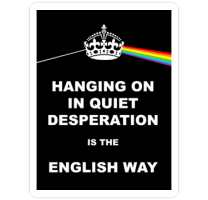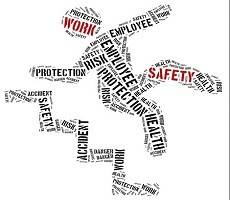February 4, 2015
Flexible workers returning to the office to re-engage with employers
 Research by office furniture maker Steelcase claims to show that the cost of disengaged employees is having a major impact on the performance of businesses. As a result many are now encouraging staff to spend more time in the office and working alongside colleagues as a way of re-engaging them. The report claims that in the UK only 83 percent of employees say they are disengaged at work with just 17 percent claiming to be actively engaged, compared to 30 percent in the US. This level of disengagement should be of serious concern for organisations, according to Catherine Gall, Director, Design Alliances for Steelcase.”Speaking at the HR Directors summit in Birmingham this week, she said: “The impact of employee engagement – or the lack of it – cannot be underestimated. It is a global issue and is affecting a wide range of companies.”
Research by office furniture maker Steelcase claims to show that the cost of disengaged employees is having a major impact on the performance of businesses. As a result many are now encouraging staff to spend more time in the office and working alongside colleagues as a way of re-engaging them. The report claims that in the UK only 83 percent of employees say they are disengaged at work with just 17 percent claiming to be actively engaged, compared to 30 percent in the US. This level of disengagement should be of serious concern for organisations, according to Catherine Gall, Director, Design Alliances for Steelcase.”Speaking at the HR Directors summit in Birmingham this week, she said: “The impact of employee engagement – or the lack of it – cannot be underestimated. It is a global issue and is affecting a wide range of companies.”


























February 2, 2015
Staff calling in sick could be a symptom of management malaise
by Sara Bean • Comment, News, Wellbeing, Workplace
If your office seems strangely quiet this morning it might be due to the fact today is ‘national sickie day’. The first Monday in February is the day of the year which traditionally sees the highest number of workers calling in sick. It’s been argued that many of these people could in fact be looking for a new job, but whether your staff are sick or on a job interview, these absences may be indicative of a deeper problem, and it in all probability lies with the quality of their managers. According to recent research, one in seven people (16%) have had to take sick leave due to a bad manager and a fifth of people would turn down a job offer if their new manager had a bad reputation. The research also found that those who find themselves being poorly managed are more likely to take radical action and leave a job than tackle the issue with their HR department.
More →